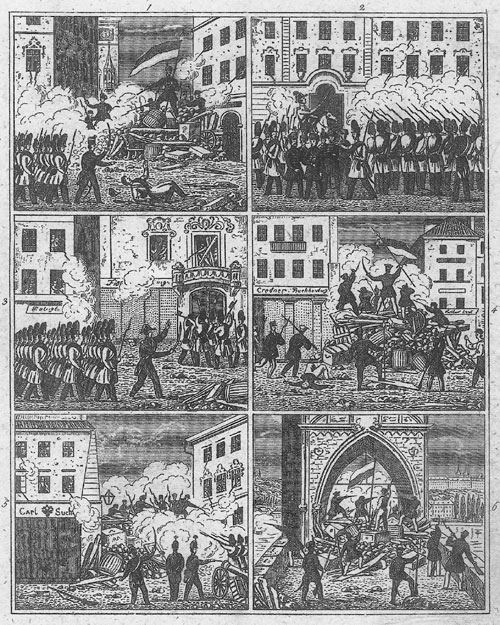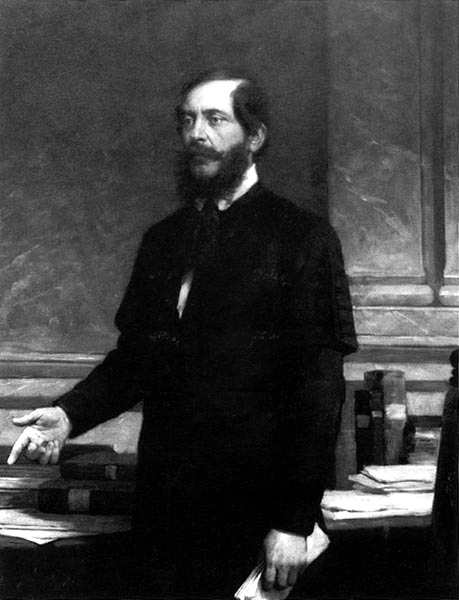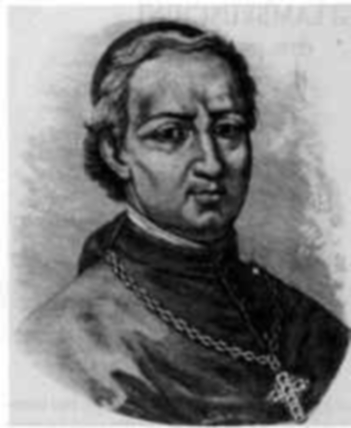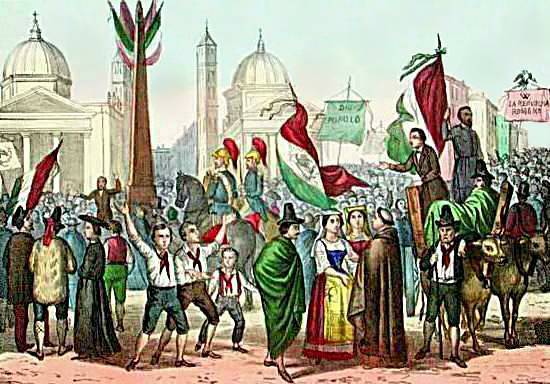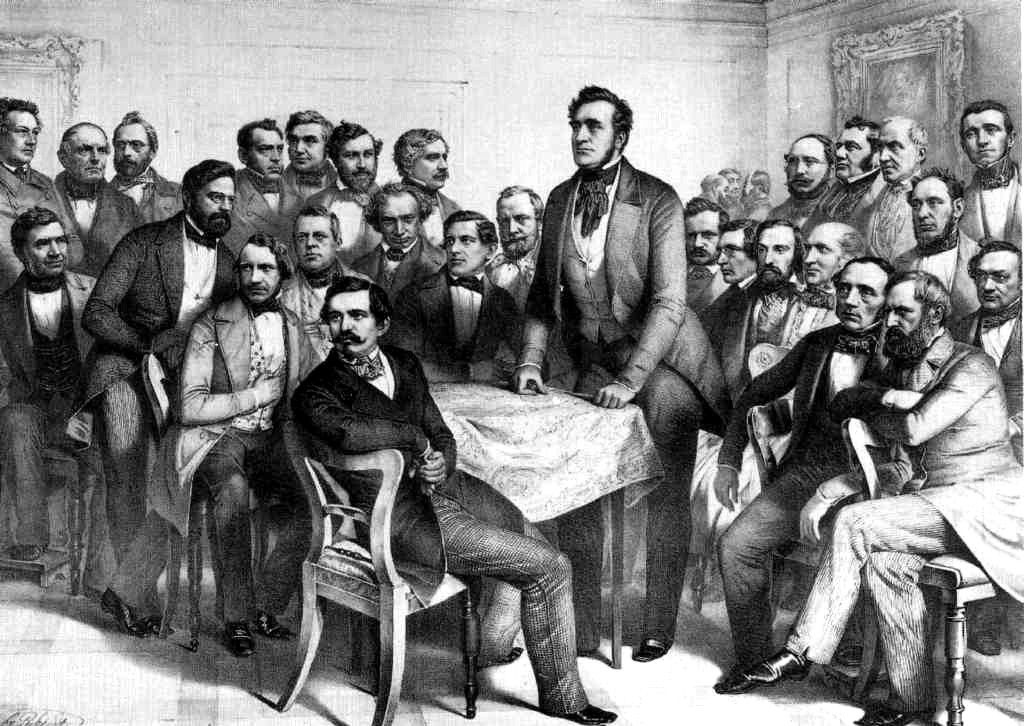the maps shows the us having internal Alaska if this is so what about a Louisiana purchase happening with us wanting a coastal access point and receiving an offer too good to resist?
The question you need to ask, of course, is what is in that interior? Or rather, whom? Aside from the natives, who don't count as they aren't going to be the ones with any lobbying power, there will be a handful of trappers and probably not any real permanent settlements at all. Where trappers have places to stay there they will likely stay with friendly natives, or they'll just be camping - but in this era the trapping trade will likely be dying down as a profitable business, causing declining numbers of trappers etc. But anyway, the simple issue here is: what is the motivation for seeking to buy Alaska for the sea access? The trappers follow routes towards the Hudson Bay anyway; if they went to the Pacific they wouldn't really be able to set up faster routes anyway since they needed to transport their goods to Europe to sell them. The natives of the Alaskan interior are going to be closeted and have no need for sea access. In total, there are going to be about 1,000 "Europeans" present in the interior, none of whom permanently, and maybe 20,000 natives who don't need sea access anyway. Buying Alaska for the sea access would be the most spurious and needless waste of cash ever achieved.

